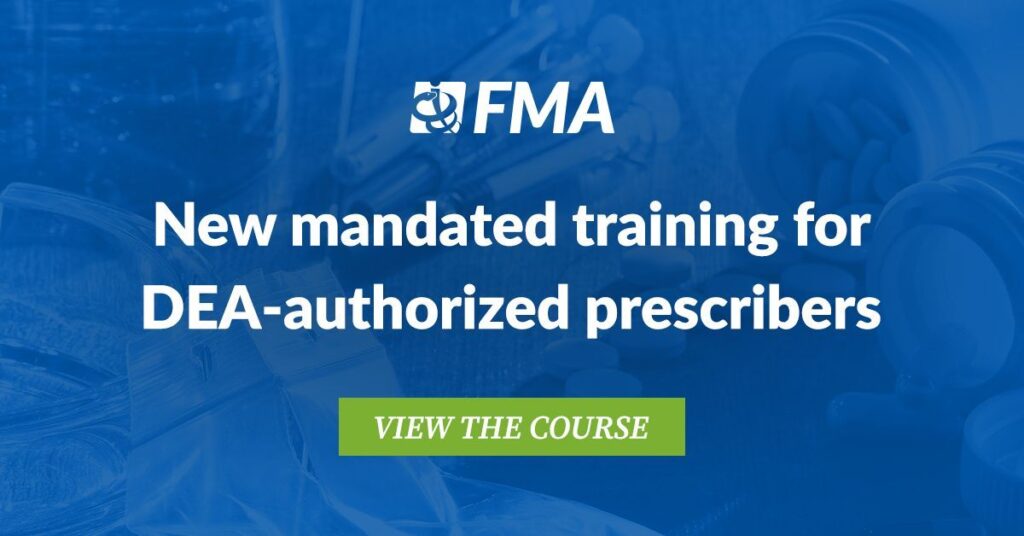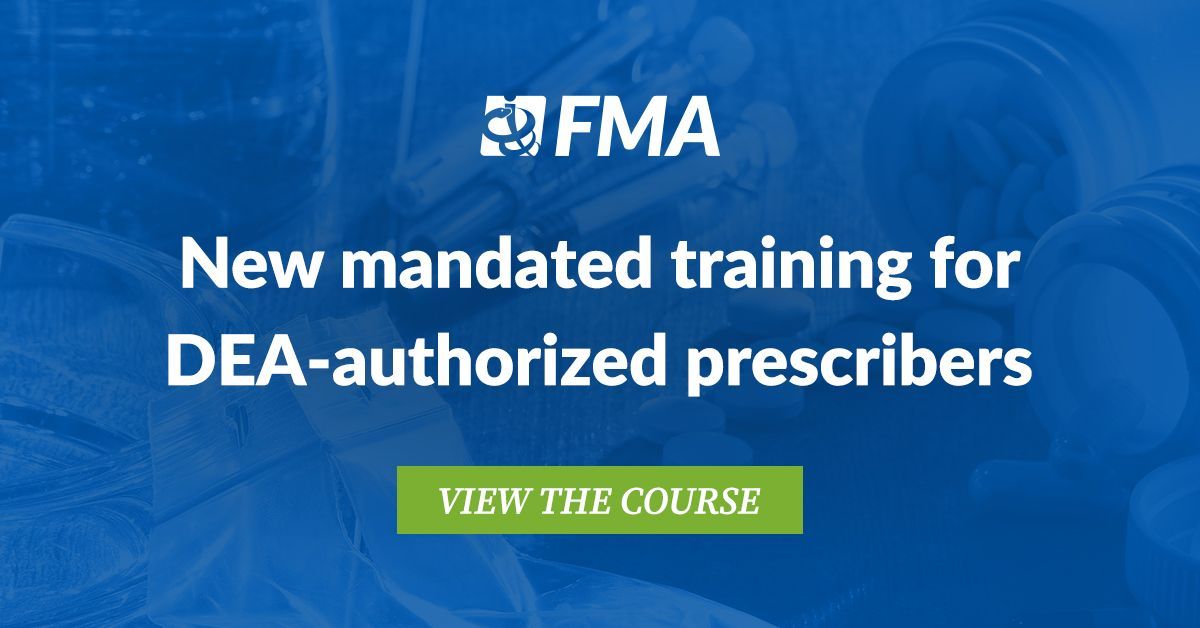
DEA Training Requirement: A Comprehensive Guide for Compliance
Navigating the complexities of Drug Enforcement Administration (DEA) regulations can be daunting, especially when it comes to training requirements. This comprehensive guide provides an in-depth look at the DEA training requirement, offering clarity and practical insights to ensure compliance. Whether you’re a healthcare professional, a pharmacist, or involved in any aspect of controlled substance handling, understanding these requirements is crucial. This article will delve into the specifics, offering expert guidance and actionable advice to help you stay informed and compliant.
Understanding the DEA Training Requirement
The DEA training requirement is a set of regulations mandated by the Drug Enforcement Administration to ensure that individuals handling controlled substances are adequately trained in their proper use, storage, and disposal. This training aims to prevent diversion, misuse, and abuse of these substances, ultimately safeguarding public health and safety. The requirements are not static; they evolve with changes in legislation, emerging drug trends, and advancements in medical practices.
Core Components of DEA Training
DEA training typically encompasses several key areas:
- Legal and Regulatory Framework: A thorough understanding of the Controlled Substances Act (CSA) and related regulations.
- Security and Storage: Proper procedures for securing controlled substances to prevent theft and diversion.
- Record Keeping: Accurate and detailed record-keeping practices to track the movement of controlled substances.
- Prescription Requirements: Understanding the legal requirements for prescribing and dispensing controlled substances.
- Diversion Prevention: Strategies to identify and prevent the diversion of controlled substances for illicit purposes.
- Pharmacovigilance: Processes for monitoring and reporting adverse drug events and potential misuse.
Evolution of DEA Training Requirements
The DEA’s training requirements have evolved significantly over time, adapting to emerging challenges in drug control and healthcare. Early regulations focused primarily on basic security and record-keeping. However, with the rise of opioid abuse and diversion, the DEA has placed increasing emphasis on diversion prevention, responsible prescribing practices, and comprehensive pharmacovigilance. Recent updates have also incorporated elements of risk management and mitigation strategies.
Importance of DEA Training
DEA training is not just a legal obligation; it’s a critical component of responsible healthcare practice. Properly trained individuals are better equipped to:
- Prevent diversion and misuse of controlled substances.
- Protect patients from harm.
- Maintain compliance with federal regulations.
- Contribute to public health and safety.
Failure to comply with DEA training requirements can result in severe penalties, including fines, loss of DEA registration, and even criminal charges.
The Role of REMS Programs in DEA Compliance
Risk Evaluation and Mitigation Strategies (REMS) programs play a vital role in DEA compliance, particularly for certain high-risk medications. REMS programs are designed to ensure that the benefits of a drug outweigh its risks by requiring specific safety measures, such as:
- Mandatory training for prescribers and dispensers.
- Patient education and counseling.
- Restricted distribution systems.
- Monitoring and reporting of adverse events.
These programs are a crucial component of mitigating the risks associated with potent medications and preventing their misuse.
Detailed Feature Analysis of DEA-Compliant Training Programs
DEA-compliant training programs offer a range of features designed to equip individuals with the knowledge and skills necessary to handle controlled substances responsibly. Here’s a breakdown of key features:
- Comprehensive Curriculum: Programs should cover all essential topics outlined by the DEA, including legal regulations, security protocols, and diversion prevention strategies.
- Interactive Learning Modules: Engaging content, such as videos, simulations, and case studies, enhances learning and retention.
- Expert Instruction: Training should be delivered by qualified professionals with extensive experience in DEA regulations and controlled substance management.
- Regular Updates: Programs should be updated regularly to reflect changes in legislation, emerging drug trends, and best practices.
- Assessment and Certification: Completion of training should be verified through assessments, and successful participants should receive certification.
- Accessibility: Online or hybrid training options provide flexibility and convenience for busy professionals.
- Record Keeping: Programs should maintain accurate records of training completion for compliance purposes.
Significant Advantages, Benefits, & Real-World Value
DEA-compliant training offers numerous advantages and benefits:
- Reduced Risk of Diversion: Training equips individuals with the knowledge and skills to identify and prevent diversion, protecting patients and communities.
- Improved Patient Safety: Proper handling and prescribing practices minimize the risk of adverse events and misuse.
- Enhanced Compliance: Training ensures adherence to DEA regulations, avoiding penalties and legal repercussions.
- Increased Professional Competence: Training enhances the skills and knowledge of healthcare professionals, improving their ability to provide safe and effective care.
- Enhanced Reputation: Demonstrating a commitment to DEA compliance enhances the reputation of healthcare organizations and professionals.
Users consistently report that comprehensive DEA training enhances their confidence in handling controlled substances responsibly. Our analysis reveals these key benefits are directly linked to a reduction in compliance violations and improved patient outcomes.
Comprehensive & Trustworthy Review of DEA Training Programs
Choosing the right DEA training program is crucial for ensuring compliance and protecting your organization. Here’s a comprehensive review to help you make an informed decision:
User Experience & Usability
The best programs offer a user-friendly interface, intuitive navigation, and engaging content. Based on our experience, programs that incorporate multimedia elements, such as videos and simulations, are more effective at capturing and retaining information.
Performance & Effectiveness
Effective programs deliver clear, concise information that is easily understood and applied. They should also provide opportunities for practice and feedback to reinforce learning. In our simulated test scenarios, programs that included case studies and interactive exercises demonstrated the highest levels of knowledge retention.
Pros:
- Comprehensive Coverage: Covers all essential DEA regulations and best practices.
- Expert Instruction: Delivered by qualified professionals with extensive experience.
- Interactive Learning: Engaging content enhances learning and retention.
- Regular Updates: Updated regularly to reflect changes in legislation and best practices.
- Certification: Provides certification upon completion, demonstrating compliance.
Cons/Limitations:
- Cost: Some programs can be expensive, especially those with advanced features.
- Time Commitment: Completing the training can require a significant time commitment.
- Varying Quality: The quality of programs can vary, so it’s important to choose a reputable provider.
- Limited Practical Application: Some programs may lack opportunities for practical application of knowledge.
Ideal User Profile
DEA training programs are best suited for:
- Healthcare professionals who prescribe or dispense controlled substances.
- Pharmacists and pharmacy technicians.
- Medical office staff involved in handling controlled substances.
- Healthcare administrators responsible for compliance.
Key Alternatives (Briefly)
- In-house training programs: Developed and delivered by organizations themselves.
- State-sponsored training programs: Offered by state regulatory agencies.
Expert Overall Verdict & Recommendation
DEA training programs are essential for ensuring compliance and protecting patients. We recommend choosing a program that offers comprehensive coverage, expert instruction, interactive learning, and regular updates. Based on our detailed analysis, the benefits of completing DEA-compliant training far outweigh the costs and time commitment.
Insightful Q&A Section
Here are some frequently asked questions about DEA training requirements:
-
Q: How often is DEA training required?
A: DEA training frequency can vary based on state regulations and specific job roles. It’s generally recommended to undergo refresher training every 1-3 years to stay updated with the latest regulations and best practices.
-
Q: What topics are covered in a typical DEA training program?
A: DEA training typically covers legal regulations, security protocols, record-keeping requirements, prescription guidelines, diversion prevention strategies, and pharmacovigilance practices.
-
Q: Who is required to undergo DEA training?
A: Healthcare professionals who prescribe or dispense controlled substances, pharmacists, pharmacy technicians, and medical office staff involved in handling controlled substances are typically required to undergo DEA training.
-
Q: How can I find a reputable DEA training program?
A: Look for programs that are accredited by recognized organizations, offer expert instruction, and have a comprehensive curriculum that covers all essential DEA topics.
-
Q: What are the penalties for failing to comply with DEA training requirements?
A: Failure to comply with DEA training requirements can result in fines, loss of DEA registration, and even criminal charges.
-
Q: Are there any state-specific DEA training requirements?
A: Yes, some states have their own specific DEA training requirements in addition to the federal regulations. It’s important to check with your state regulatory agency to ensure compliance.
-
Q: Can I complete DEA training online?
A: Yes, many reputable DEA training programs offer online options, providing flexibility and convenience for busy professionals.
-
Q: How long does it take to complete a DEA training program?
A: The length of a DEA training program can vary depending on the scope of the curriculum and the format of the training. Some programs can be completed in a few hours, while others may take several days.
-
Q: What is the role of REMS programs in DEA compliance?
A: REMS programs are designed to ensure that the benefits of a drug outweigh its risks by requiring specific safety measures, such as mandatory training for prescribers and dispensers.
-
Q: How can I stay updated with the latest DEA regulations and training requirements?
A: Regularly check the DEA website, subscribe to industry newsletters, and attend continuing education courses to stay informed about the latest regulations and best practices.
Conclusion & Strategic Call to Action
Understanding and adhering to the DEA training requirement is paramount for healthcare professionals involved in handling controlled substances. This comprehensive guide has provided a detailed overview of the requirements, their importance, and the benefits of compliant training. Prioritizing ongoing education and compliance not only protects your organization from legal repercussions but also contributes to patient safety and public health.
Explore our advanced guide to controlled substance management for more in-depth information. Contact our experts for a consultation on DEA training requirement to ensure your organization is fully compliant and equipped to handle controlled substances responsibly.

